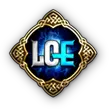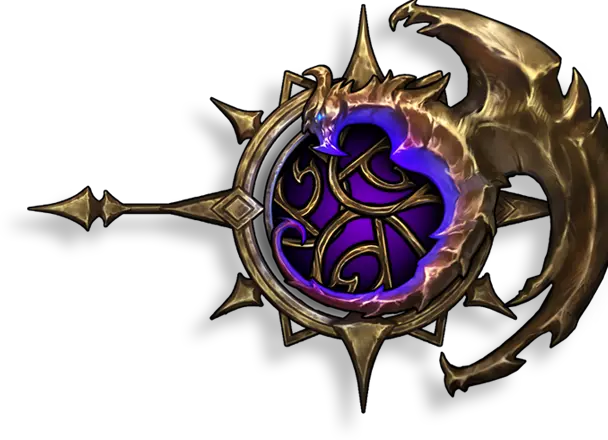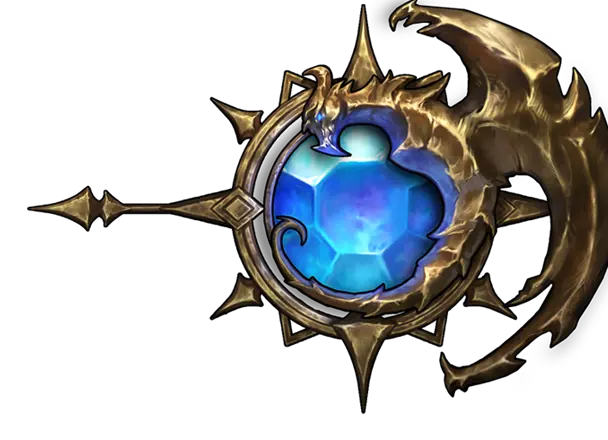Guilds And Daos: New Models Of Collaboration In Gaming
Gaming has always been a social activity, bringing people together to share experiences and achieve common goals. Guilds, organized groups of players, have long been a cornerstone of online gaming communities. However, with the rise of blockchain technology, new models of collaboration are emerging, particularly through Decentralized Autonomous Organizations (DAOs). This article explores the evolution of guilds, the emergence of DAOs, and how these models are shaping the future of collaboration in gaming.
Guilds: The Traditional Model
Guilds have been a staple of online gaming for decades, providing players with a sense of belonging, camaraderie, and shared purpose. They offer a platform for players to:
- Team Up: Guilds allow players to team up for raids, quests, or other in-game activities, fostering collaboration and strategic gameplay.
- Socialize: Guilds provide a social space for players to connect, chat, and build relationships with like-minded individuals.
- Compete: Guilds often engage in competitive activities, such as guild wars or tournaments, fostering a sense of rivalry and achievement.
The Limitations of Traditional Guilds
While traditional guilds offer many benefits, they also have limitations:
- Centralized Control: Guilds typically have a hierarchical structure with leaders or officers holding significant control over the guild’s activities and resources.
- Limited Transparency: Decision-making processes within guilds may lack transparency, leading to disputes or dissatisfaction among members.
- Restricted Ownership: Guild assets and resources are often controlled by the guild leaders, with limited ownership or control for regular members.
Daos: The New Frontier of Collaboration
DAOs offer a more democratic and transparent approach to collaboration in gaming. They are essentially community-led organizations governed by rules encoded on a blockchain. Here’s how DAOs work:
- Decentralized Governance: DAO members typically hold tokens that grant them voting rights on proposals and decisions affecting the organization.
- Transparency: All DAO activities and transactions are recorded on the blockchain, ensuring transparency and accountability.
- Shared Ownership: DAO members collectively own and control the organization’s assets and resources.
How Daos Are Changing Gaming
DAOs are transforming the gaming landscape in several ways:
- Community-Owned Games: DAOs can enable players to collectively own and govern games, giving them a direct say in the game’s development and direction.
- Decentralized Asset Management: DAOs can manage in-game assets and resources, ensuring fair distribution and transparency.
- Collaborative Decision-Making: DAOs provide a platform for players to participate in decision-making processes, fostering a sense of community ownership and involvement.
Legends of Elysium: A Guild-Ready Ecosystem
Legends of Elysium (LOE) recognizes the importance of guilds in gaming and is designed to be guild-ready. While LOE does not currently implement a full DAO structure, it provides features that support guild activities and collaboration, such as:
- Guild Vaults: Guilds can establish shared vaults to store and manage in-game assets and resources collectively.
- Guild Wars: LOE plans to implement guild wars, allowing guilds to compete against each other for rewards and recognition.
- Community-Driven Development: LOE actively seeks community feedback and involves players in decision-making processes, fostering a collaborative approach to game development.
The Benefits of Guilds and Daos
Guilds and DAOs offer numerous benefits for gamers:
- Enhanced Collaboration: They provide a platform for players to team up, strategize, and achieve common goals.
- Stronger Communities: They foster a sense of belonging, camaraderie, and shared purpose among players.
- Greater Ownership: DAOs, in particular, enable players to collectively own and control in-game assets and resources.
- Increased Engagement: They provide opportunities for players to participate in decision-making processes and contribute to the game’s development.
Challenges and Considerations
While guilds and DAOs offer many advantages, there are also challenges to consider:
- Coordination and Organization: Managing a guild or DAO requires effective coordination and organization to ensure smooth operation and decision-making.
- Community Dynamics: Building a strong community requires careful management of social dynamics and potential conflicts among members.
- Technical Expertise: Implementing and managing a DAO may require technical expertise and understanding of blockchain technology.
The Future of Collaboration in Gaming
Guilds and DAOs are shaping the future of collaboration in gaming, and we can expect to see further evolution in these models:
- Hybrid Models: We may see the emergence of hybrid models that combine elements of traditional guilds with the decentralized governance of DAOs.
- Interconnected Communities: Guilds and DAOs may become interconnected across different games and metaverses, creating vast networks of collaboration and shared experiences.
- AI-Powered Collaboration: Artificial intelligence could be used to enhance collaboration within guilds and DAOs, facilitating communication, decision-making, and resource management.
By embracing these new models of collaboration, gamers can unlock new levels of engagement, ownership, and community involvement. Guilds and DAOs are transforming the gaming landscape, creating a more collaborative, inclusive, and player-centric future for the gaming world.







